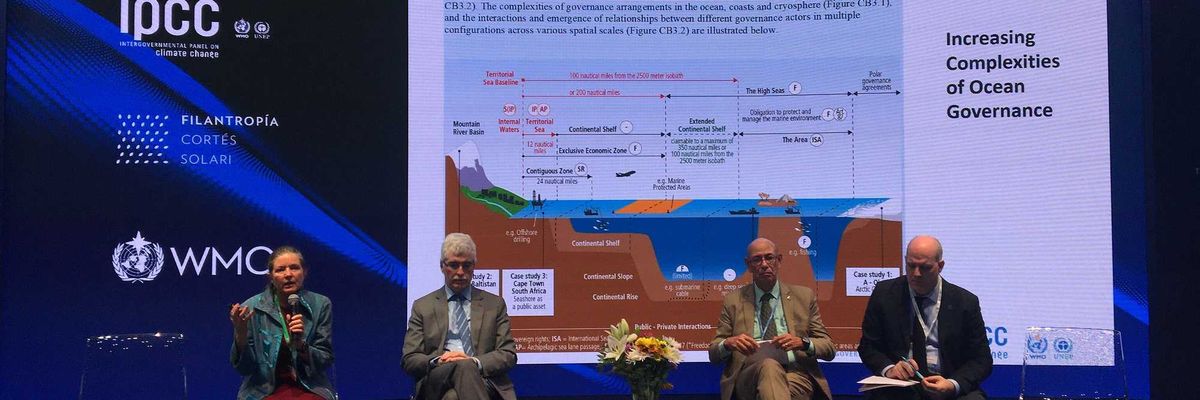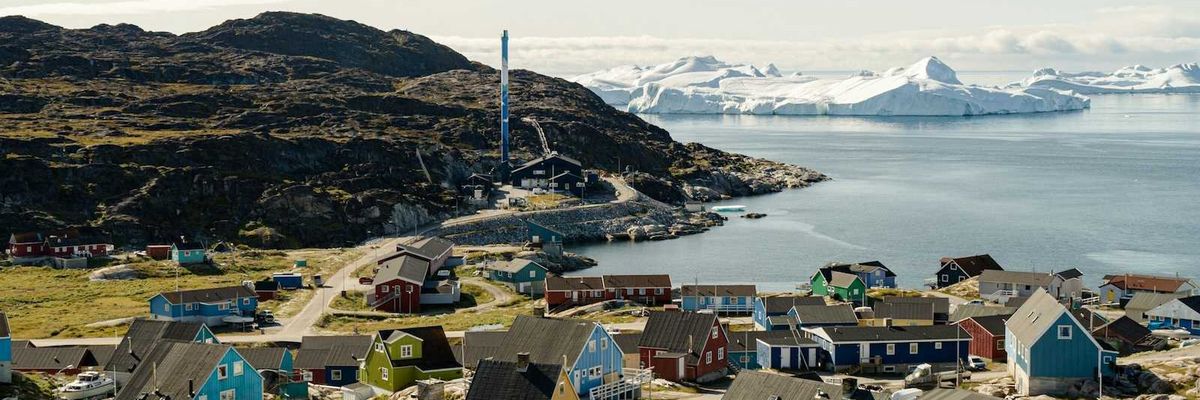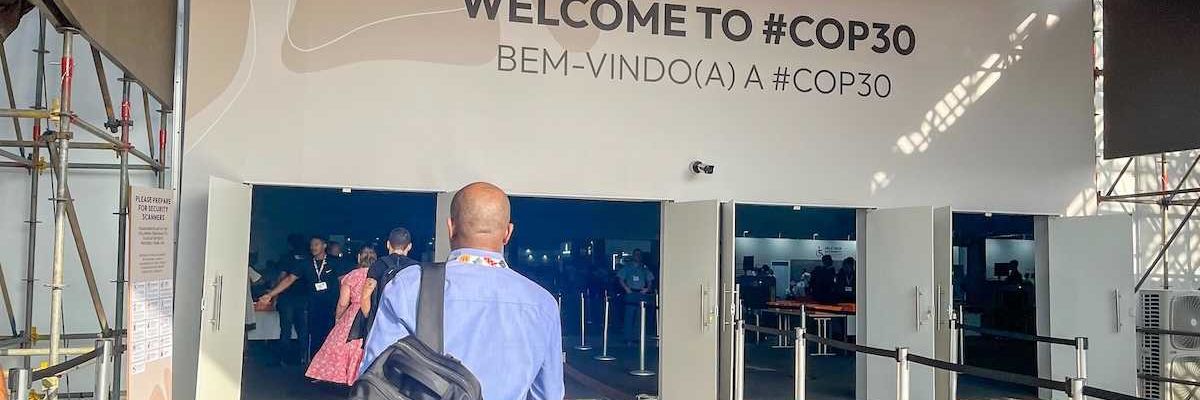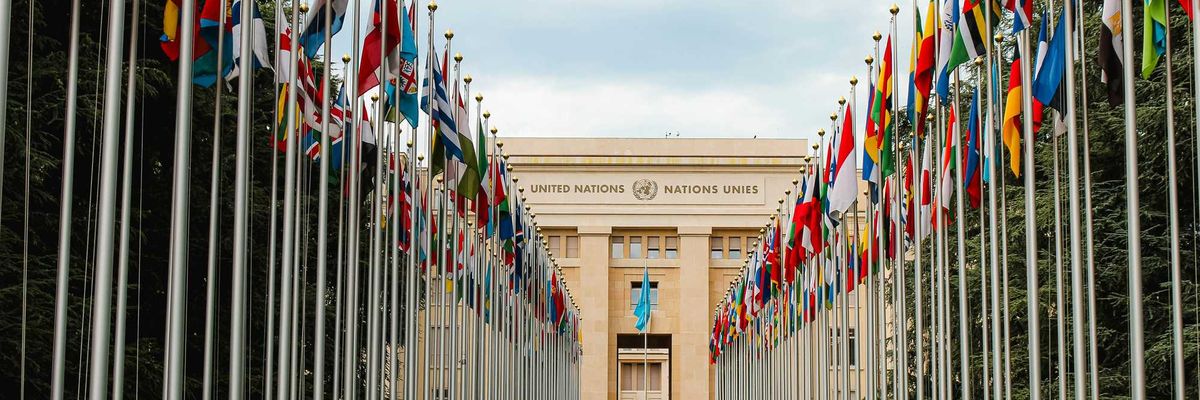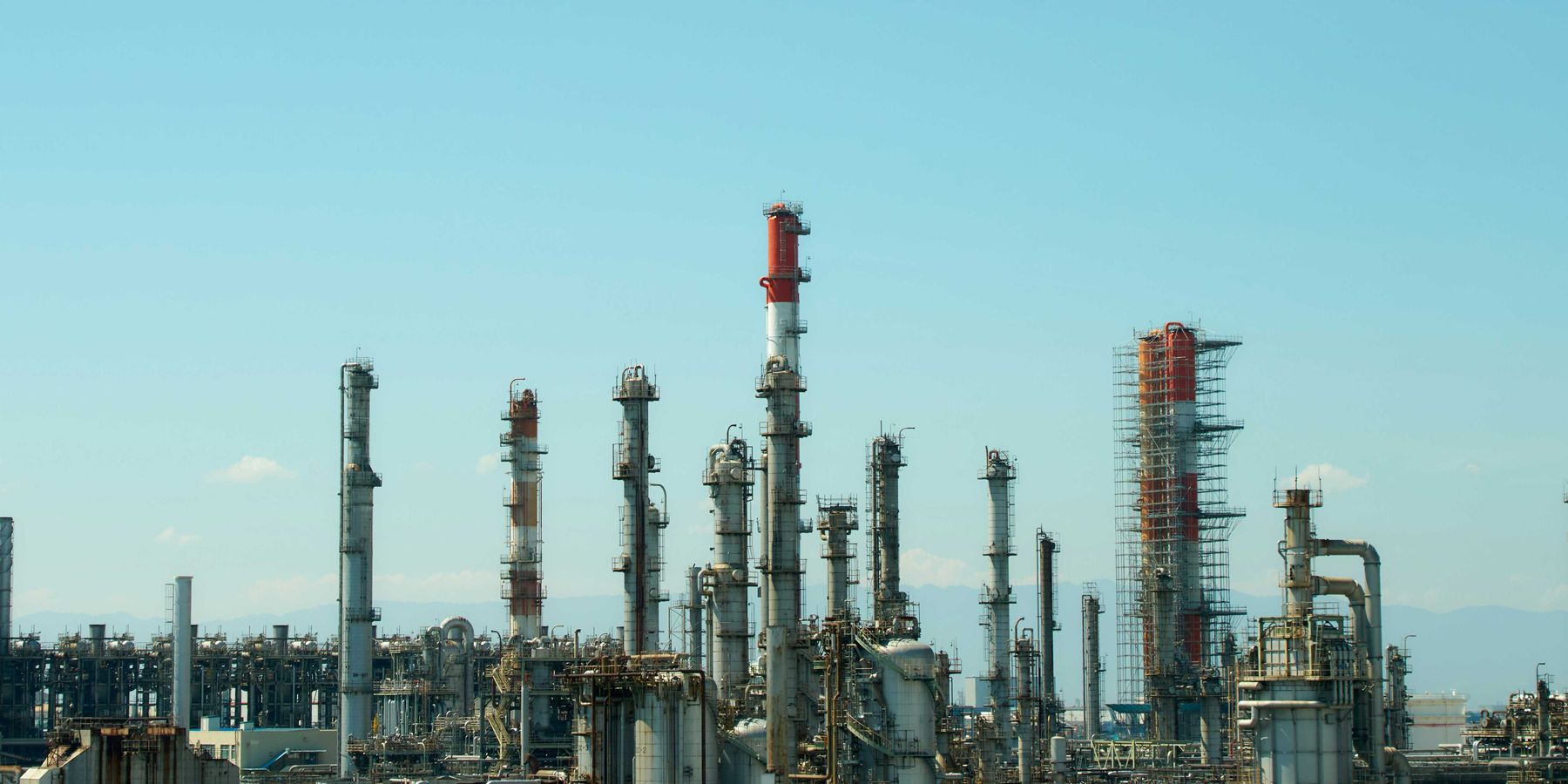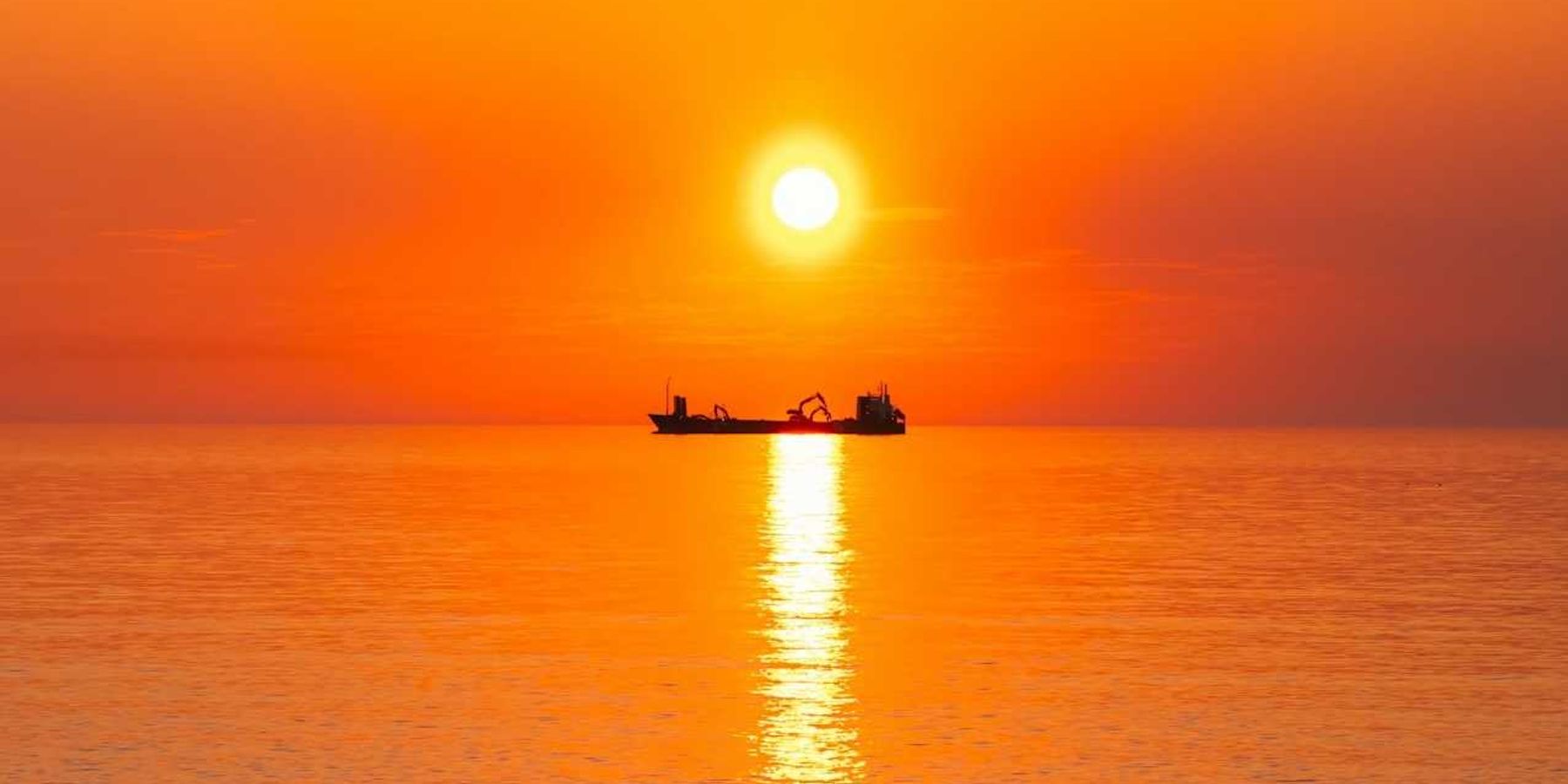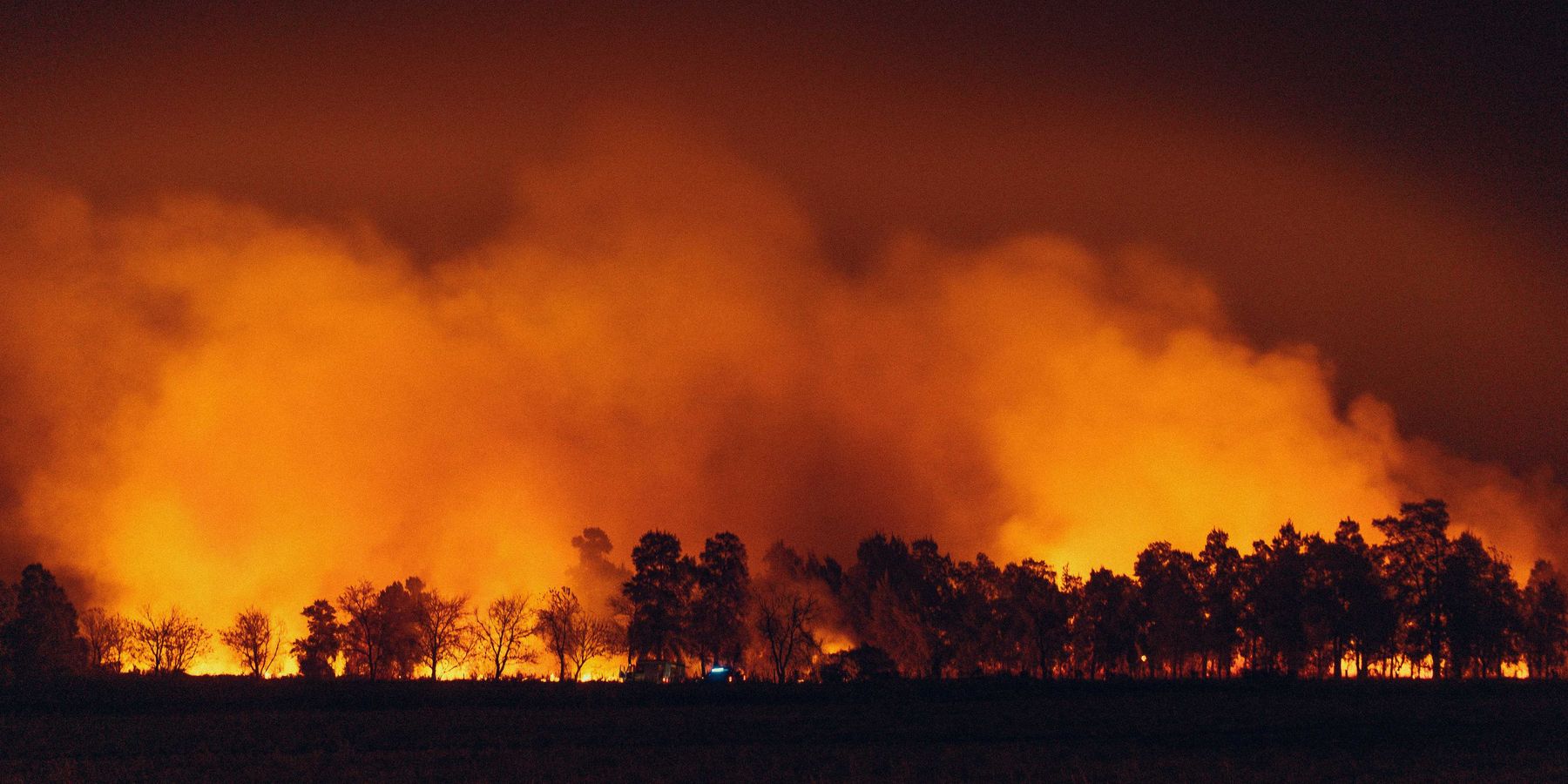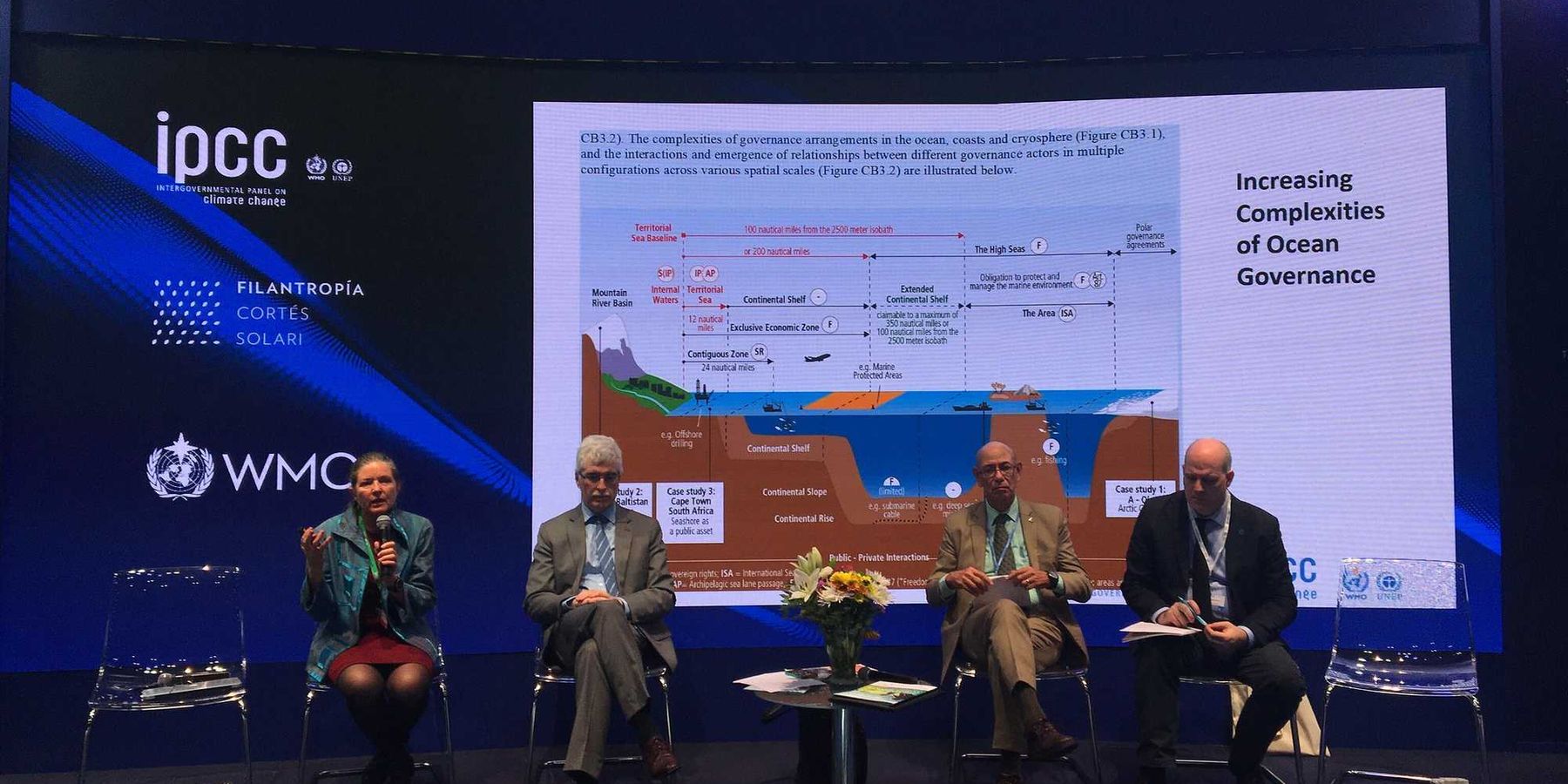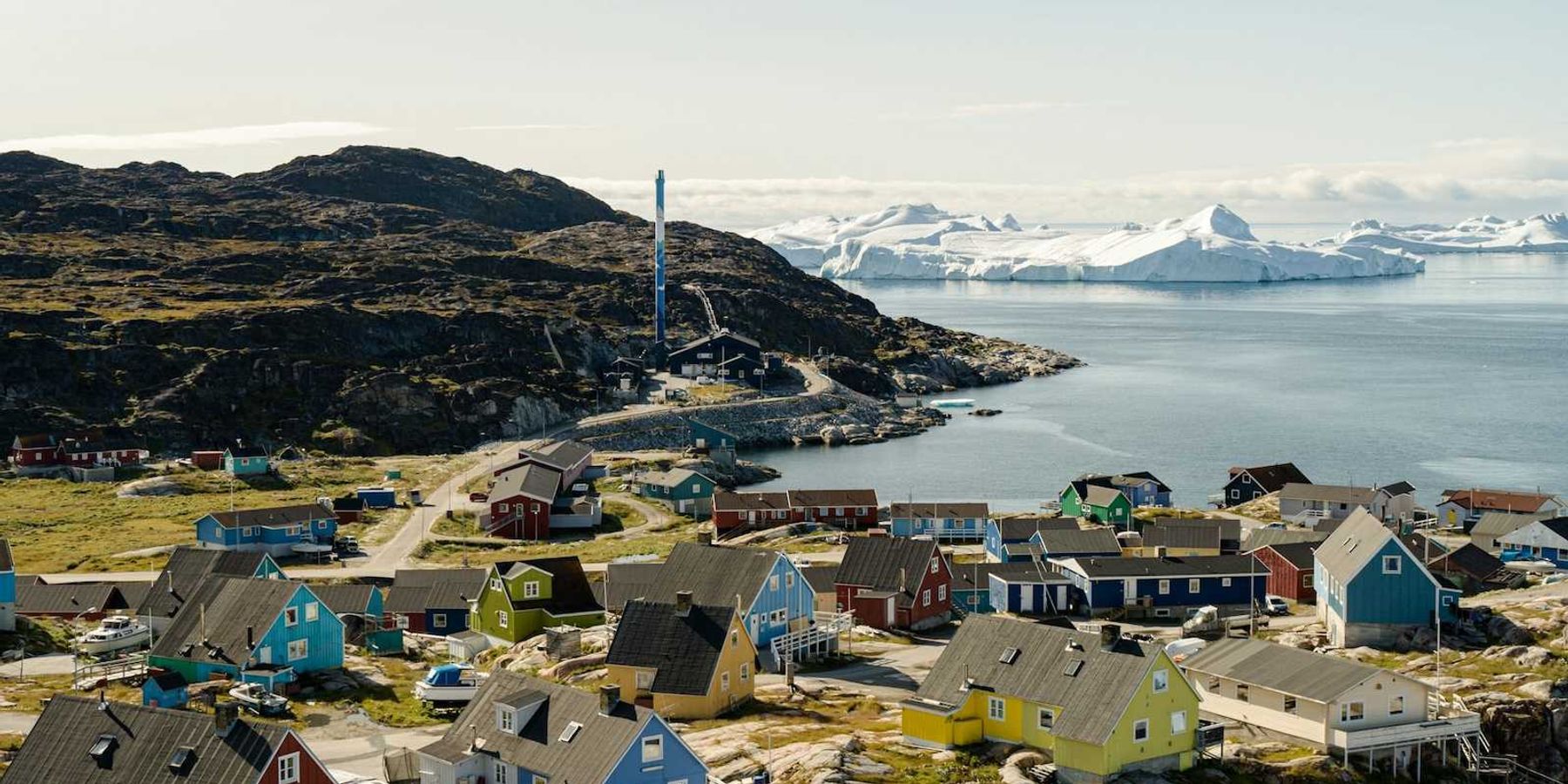river
Biden aims to revive Mississippi River transport to reduce emissions
President Biden plans to modernize Mississippi River transport with $2.5 billion to cut emissions, but environmentalists raise concerns.
In short:
- Biden's administration has allocated $2.5 billion from the bipartisan infrastructure law to upgrade river transportation.
- Transporting goods via barge uses significantly less fossil fuel compared to trucks and trains, potentially lowering greenhouse gas emissions.
- Environmentalists warn that river infrastructure projects may harm fish and wildlife and dispute the efficiency claims of river transport over other methods.
Key quote:
“There is a lot of myth around inland navigation, a lot of romanticism, that really doesn’t bear out.”
— Olivia Dorothy, restoration director, American Rivers
Why this matters:
Transporting goods via barge offers a greener alternative to traditional methods like trucking and rail. Barges consume significantly less fossil fuel, which could lead to a substantial reduction in greenhouse gas emissions. This efficiency makes river transport a seemingly attractive option in the fight against climate change, aligning with the administration's broader environmental goals
Vietnam rethinks water management in the Mekong Delta
Vietnam is taking significant steps to address environmental challenges in the Mekong Delta by adopting nature-based solutions to mitigate land subsidence, saltwater intrusion, and flooding.
In short:
- Vietnam's new initiatives focus on adapting infrastructure, such as dikes and dams, to work with natural flood cycles rather than against them.
- The region has seen increased international support and funding for projects that promote ecological health and sustainable agriculture.
- Local innovations, like multi-value farming systems that integrate aquaculture with crop production, are being encouraged to enhance biodiversity and economic resilience.
Key quote:
“For restoring an entire socio-environmental system like the Mekong Delta that is fundamentally threatened by human activities requires us to rethink nature-based solutions beyond the mere local restoration of vegetation.”
— Rafael Schmitt, lead scientist at Stanford University’s Natural Capital Project
Why this matters:
Studies indicate that parts of the Mekong Delta are sinking due to excessive groundwater extraction and the weight of urban structures. Coupled with rising sea levels, the scenario could lead to significant territorial loss if left unchecked. By leveraging nature-based solutions, Vietnam could pave the way for a sustainable model of development that other regions might follow.
Missouri may impose new restrictions on water exports
Missouri legislators are moving forward with a bill that would restrict water exports to address internal drought concerns and prevent resource depletion by water-stressed western states.
In short:
- Missouri lawmakers are considering a bill to limit water exports, requiring a permit for any such actions, amidst concerns of increasing water scarcity.
- The proposal has gained unusual bipartisan support, driven by drought conditions in Missouri and fears of water demand from western states.
- Both environmentalists and agricultural groups in Missouri support the measure, highlighting the potential risks of water shortages.
Key quote:
“We feel like we need to be responsible in Missouri and protect what we have.”
— State Rep. Jamie Burger, one of the bill's lead sponsors
Why this matters:
Many states have established water rights systems that allocate water resources to various users based on seniority, historical use, and other factors. Limiting water exports helps ensure that those with existing water rights, including farmers and municipalities, can continue to access the water they need without facing shortages caused by exports to other regions.
Rivers take center stage in Europe's climate strategy
In a bid to slash carbon emissions, France's Seine River emerges as a vital player in a broader European effort to leverage waterways for freight transport.
In short:
- The European Green Deal aims to revitalize river transport, cutting road freight's carbon footprint by encouraging barge use over traditional trucking.
- France's main port operator, Haropa, is spearheading more than 1 billion euros in investments to make the Seine a model for eco-friendly freight movement.
- Innovations like electric and hydrogen-powered barges are on the rise, alongside initiatives by companies such as Ikea to reduce urban pollution and congestion.
Key quote:
"We are working on a transformation to get businesses to massively shift their logistics routes."
— Stéphane Raison, president of Haropa
Why this matters:
Rivers, historically central to commerce and trade in Europe, are being re-envisioned as arteries of sustainable transport. Barges are capable of carrying much larger volumes of goods compared to trucks, thereby improving efficiency and reducing the number of trips needed to transport the same amount of cargo.
Navigating the waters of the Rio Grande legal battle
The Supreme Court is set to hear a case that could end a long-standing dispute over the Rio Grande's waters among Texas, New Mexico, and Colorado.
In short:
- The Supreme Court will review a proposed agreement between Texas, New Mexico, and Colorado to settle a decade-long lawsuit over the Rio Grande, despite federal objections.
- The deal aims to resolve conflicts arising from New Mexico's groundwater pumping, which Texas claims violates the Rio Grande Compact.
- A special master recommended the Court approve the states' settlement, but the outcome remains uncertain as the Court has previously rejected such recommendations.
Key quote:
"If this settlement proves to be able to get it resolved in a decade, it is, I would say, a positive development, as we look at the challenges of interstate water management, as rivers are more and more affected by climate change."
— Reed Benson, professor at the University of New Mexico School of Law
Why this matters:
At the heart of the dispute is how much water each state is entitled to under the compact, with Texas arguing that New Mexico has been using more than its fair share, thereby reducing flows into Texas. New Mexico contends it needs to balance its water use for agriculture, population growth, and environmental conservation. The states have attempted to find common ground through negotiations, but the underlying issues of water rights, usage, and conservation remain contentious.
In 2023, the federal government decided that while the Navajo Nation does have water rights, established by Winters Doctrine, it will not help the Nation assert those rights.
California farms dried up a river for months. Nobody stopped them
Could 2024 be the year nature rights enter the political mainstream?
Two new coalitions of scientists, lawyers, philosophers and artists have joined the burgeoning global campaign for ecosystems and other species to have legal rights and even political representation.

